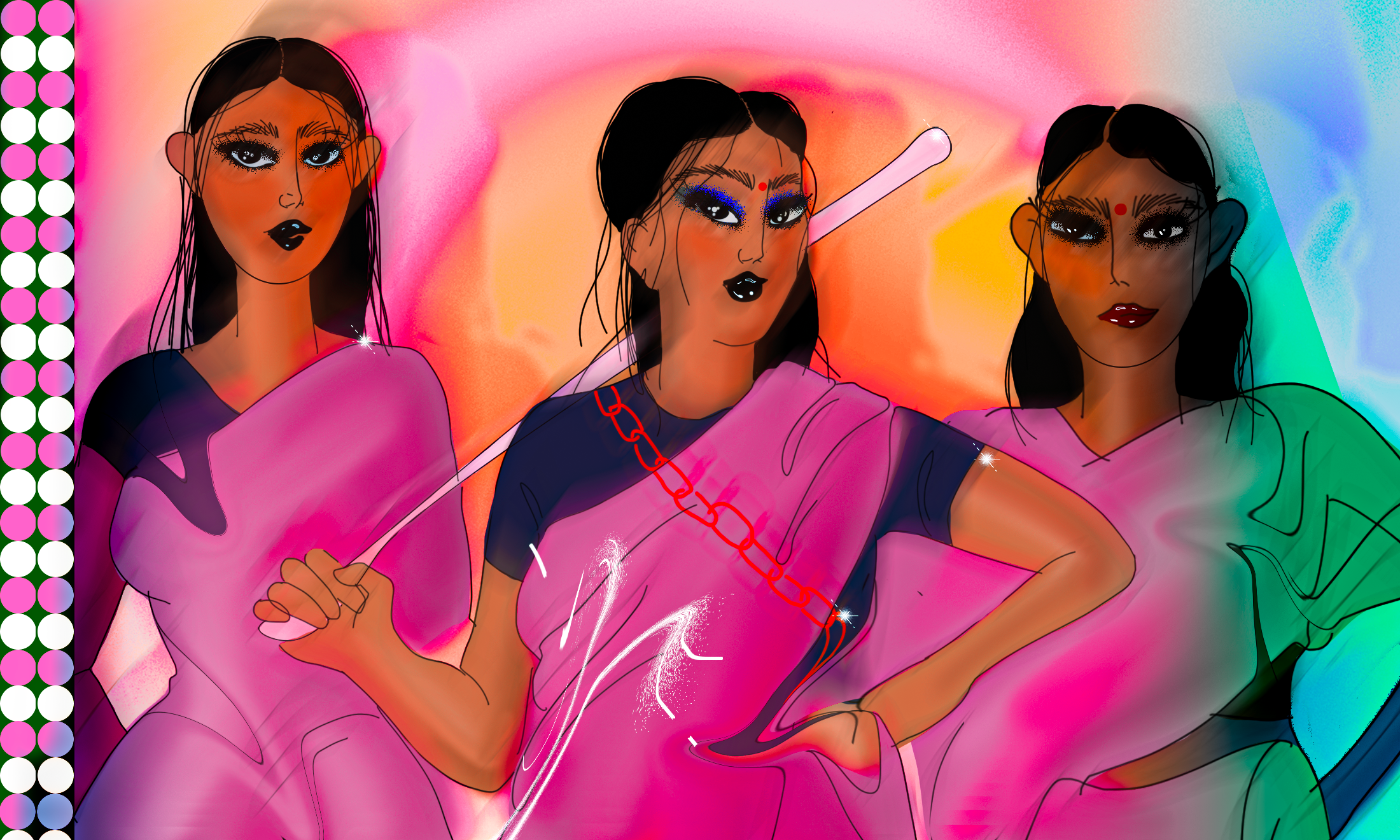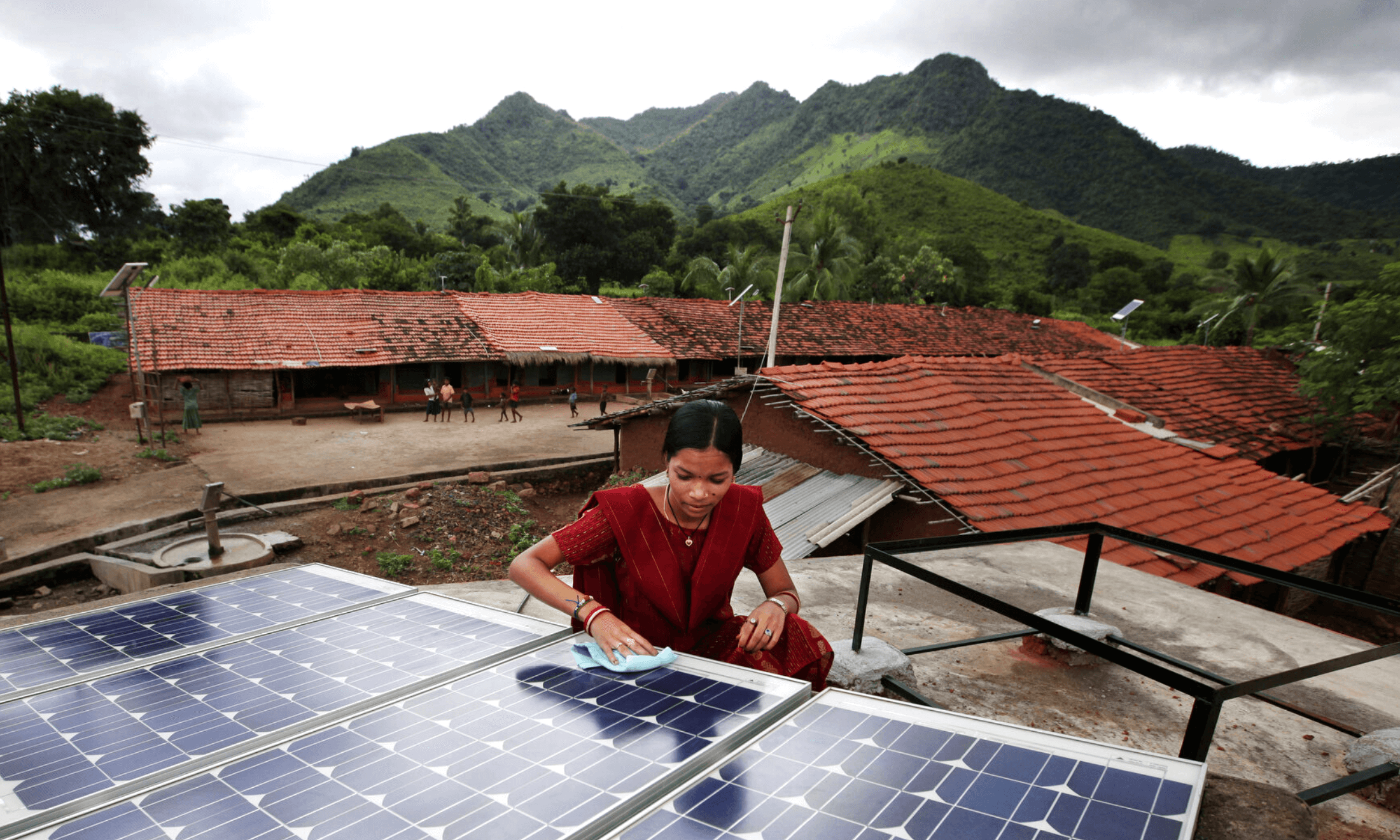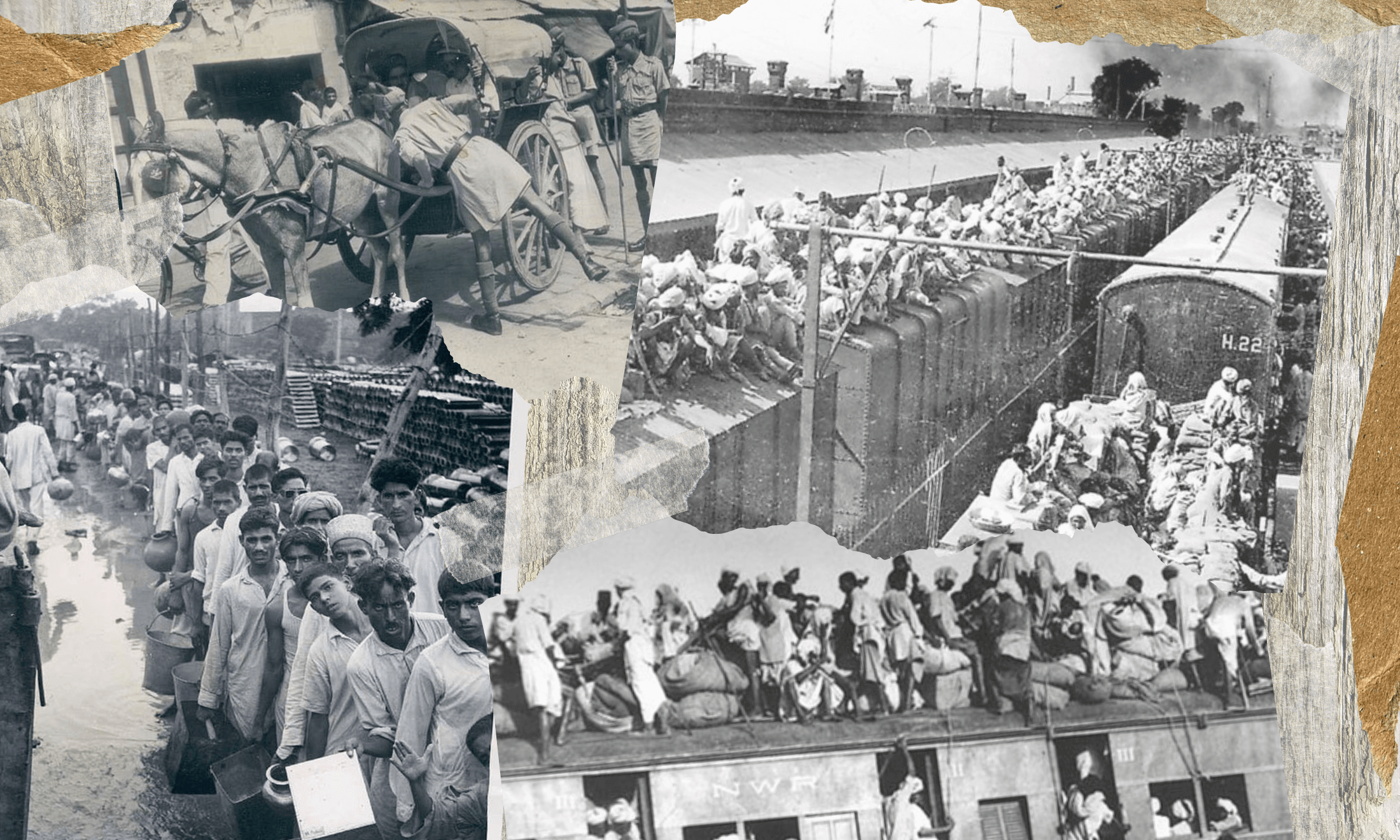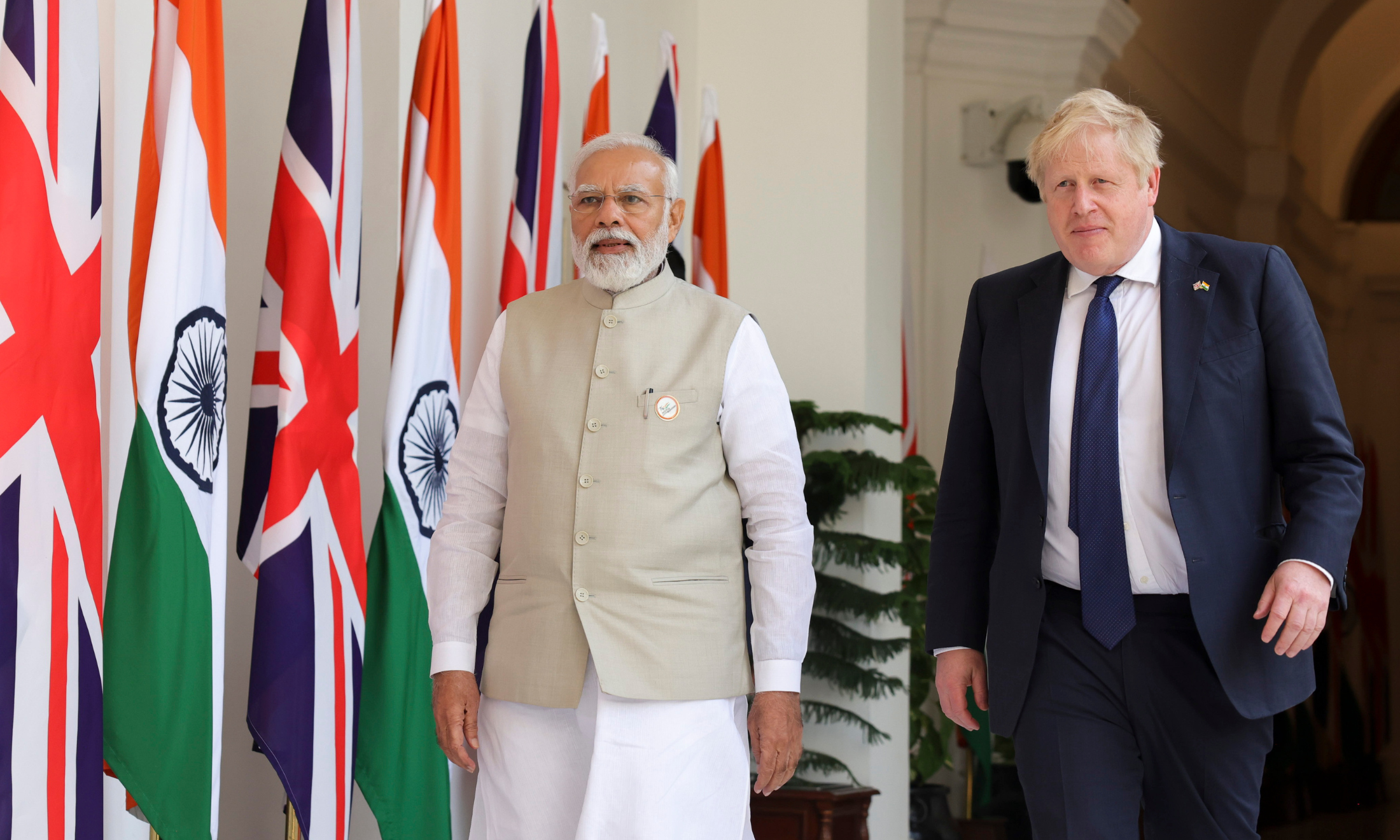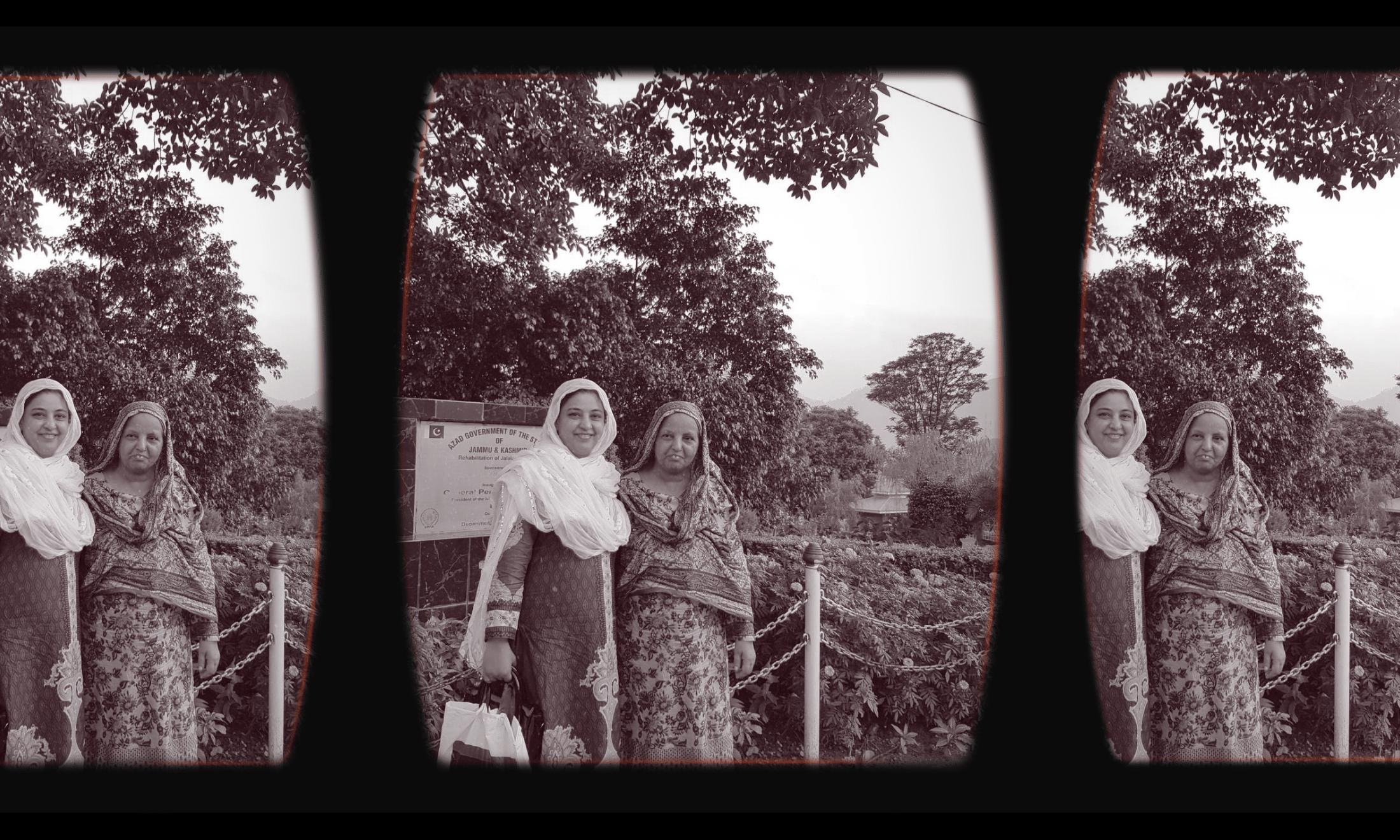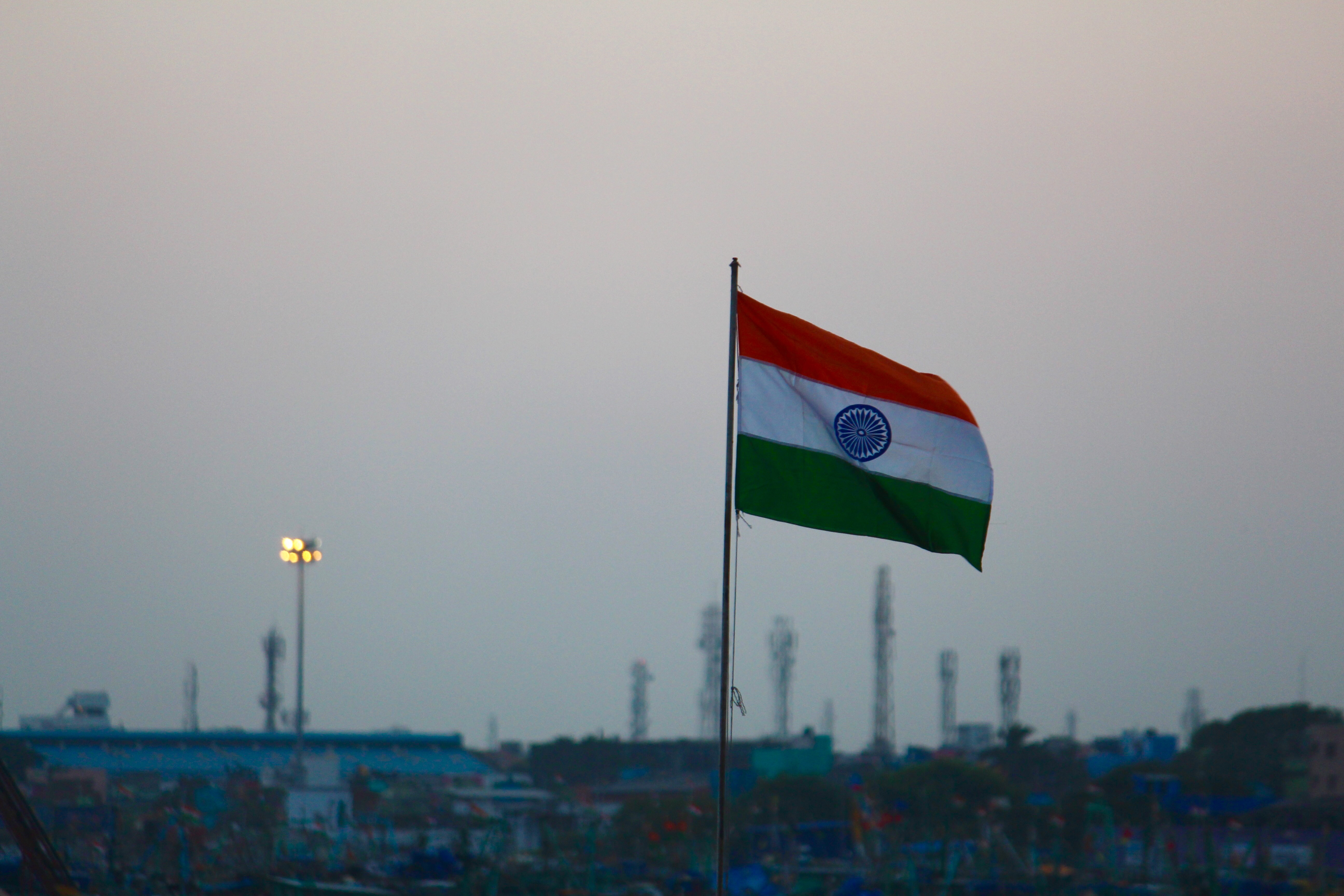
We are all too aware of the rape culture we live in, it is persistent throughout daily media, experiences and conversations. From paparazzi shoving cameras up people’s skirts only for the papers to brand it a wardrobe malfunction, to Brock Turner receiving pity in court after sexually assaulting a woman.
A few weeks ago, another sinister occurrence in a courtroom has put into question where and how people, particularly women, will see justice. A filmmaker in India is being allowed to walk free after raping a woman. India has been under scrutiny after films such as Saving Face and the 2012 Delhi rape of Jyoti Singh, with more activist groups being louder than ever about violence against women in the country.
“Rape is the fourth largest crime against women in India, and that’s based on only the ones that are reported and documented”
Rape is the fourth largest crime against women in India, and that’s based on only the ones that are reported and documented. What is so sickening about this recent news is that the filmmaker, Mahmood Farooqui, had actually been sentenced to seven years. It seems that India’s courtrooms often display attempts to progress, introducing new legislation such as life sentences for acid attacks, sentencing rapists and allowing for menstruation leave at work. However, considering recent events, it is a frail mask, a veneer of progress which makes it all the more crushing for victims who think they’ve been protected and served justice, only to be thrown back into the fire.
As reported by Michael Safi, Farooqui’s sentence was overturned since Justice Ashutosh Kumar decided that “instances of woman behaviour are not unknown that a feeble no may mean a yes”. Although it was confirmed that the victim said no and fought him off multiple times, her fight was not forceful enough. As she appeared to resign herself, it could have been understood as consent, according to the Judge.
“I have met with writers, filmmakers and activists who are combating crimes committed under cultural justifications, and so far they have all been women”
I don’t just want to rant about why this is enraging, we have been privy to India’s treatment of women for years and know that these women’s experiences are gut-wrenching. What it also brought to mind was the lack of Indian men speaking out against these incidents. For me, it highlighted the absence of Indian British men specifically. England is where I live and so it matters to me that what I do from here will positively impact people across the globe. I have met with writers, filmmakers and activists who are combating crimes committed under cultural justifications, and so far they have all been women.
The mentality that targets women and strips them of basic rights doesn’t simply reside within India or within one generation, the attitude has bred many generations that accept the sexual violence that takes place within even migrated Indian societies. It is still taboo to talk about any bodily functions, especially sex and all that’s related to it. Honour killings still take place in the UK, as do forced marriages. All of that remains a reality for many Indian women who do not live in India. And it is time for everyone to speak out.
Whilst other aspects of British culture have been embraced by Indian British youth, I am yet to see a significant shift in indifferent attitudes from Indian British men towards sexual assault. This comes from personal experience of never being able to broach the subject of sexual freedom, boundaries or consent with Indian men from any generation, whether they were raised here or not. There are so many communication barriers due to cultural taboos, meaning we are all left unsafe in our inability to have those conversations. So much male entitlement within the Indian culture stems from upbringing and the gender roles that we still endure. A boy can go out and have fun thanks to the ubiquitous “boys will be boys” mentality, yet a girl is punished if she does so. This is just one small piece of a large puzzle that has created a society that is responsible for more than 40,000 rapes per year, most of which do not result in convictions.
“Instead of never wanting someone to be sexually abused, beaten, impaled and sodomised, they didn’t want it mentioned as it made them look undignified”
During a Q&A with the director of the harrowing play Nirbhaya, based on the 2012 Delhi rape and murder of Jyoti Singh, she stated that most of the interactions with Indian British men consisted of them asking, “Why are you doing this to us?” A play which set out to protect those most vulnerable had somehow been interpreted as a personal attack by Indian British men. They were embarrassed by the content and felt that it was too negative an issue to be associated with them. Instead of never wanting someone to be sexually abused, beaten, impaled and sodomised, they didn’t want it mentioned as it made them look undignified. Isn’t the rife rape culture more undignified than a play combating it?
Another common response may be one of fleeting sympathy, but it is one of disassociation nonetheless, “That’s what they’re like over there, so backwards”, and what about the 14 year old girl in Birmingham who, after being raped flagged down help, only to be raped a second time? “We’re not like that” is a response I get from both Indian men and women as if to say because their families are free of rapists, our entire society is free of rape culture. So much of the responsibility lies with Indian and Asian men in general to alter the rhetoric within their friendship circles and interactions. So much responsibility lies with them to explicitly have a talk about respect and consent with those they are responsible for.
I know there are Indian men fighting for change but there still needs to be more of them and they need to be much more visible, especially when speaking out on real life cases. Pink, a film available on Netflix, is a powerful statement on the existing feudal mindset of a majority in India, where men and women are judged by a different yardstick.
Silence is so often the response I witness. Those from my generation that have allowed for so much progress and freedom of expression suddenly have nothing to say when there is an injustice towards women, as we regularly witness in India’s courtrooms. Where are their voices outside of a courtroom that finds the victim guilty? Indian men, where are you? Men cannot shirk their responsibility to teach their peers, their family members, or themselves to play their part in raising a new generation free of such wrongs. They have a big part to play and are not currently playing it. A feeble silence means a yes to rape culture and rapists.

